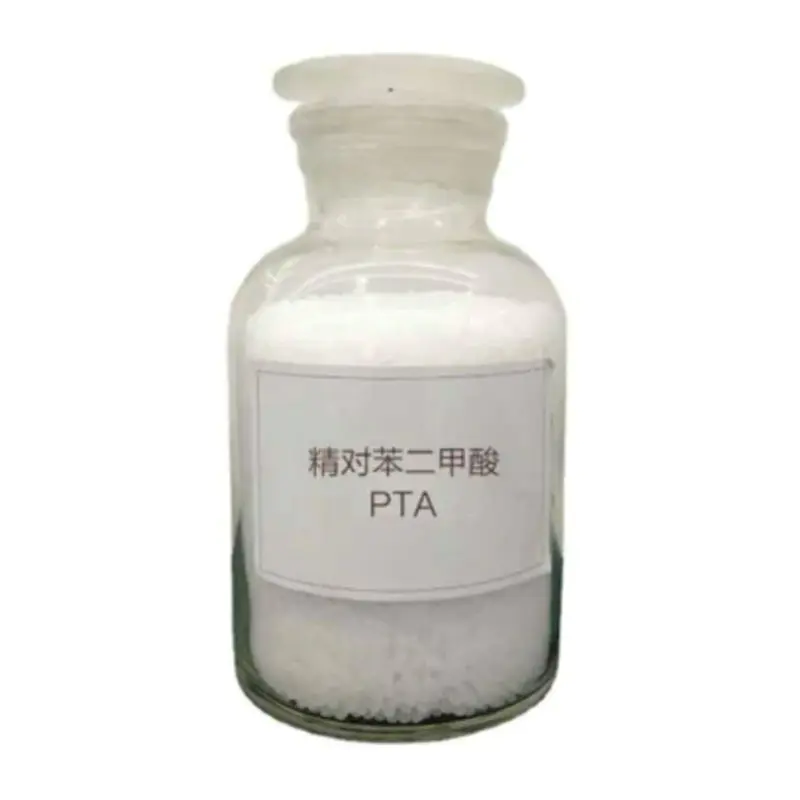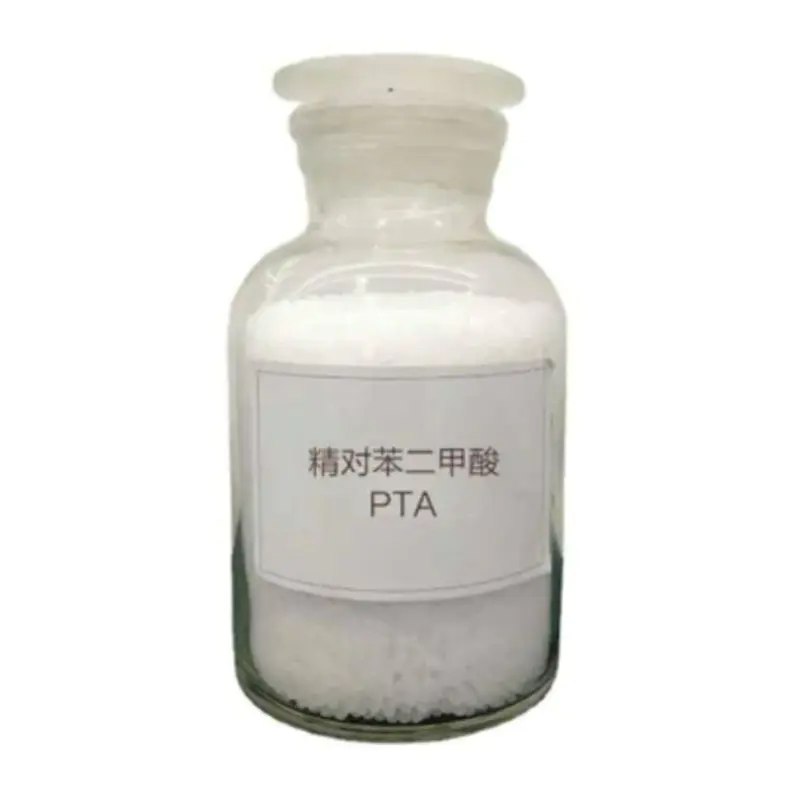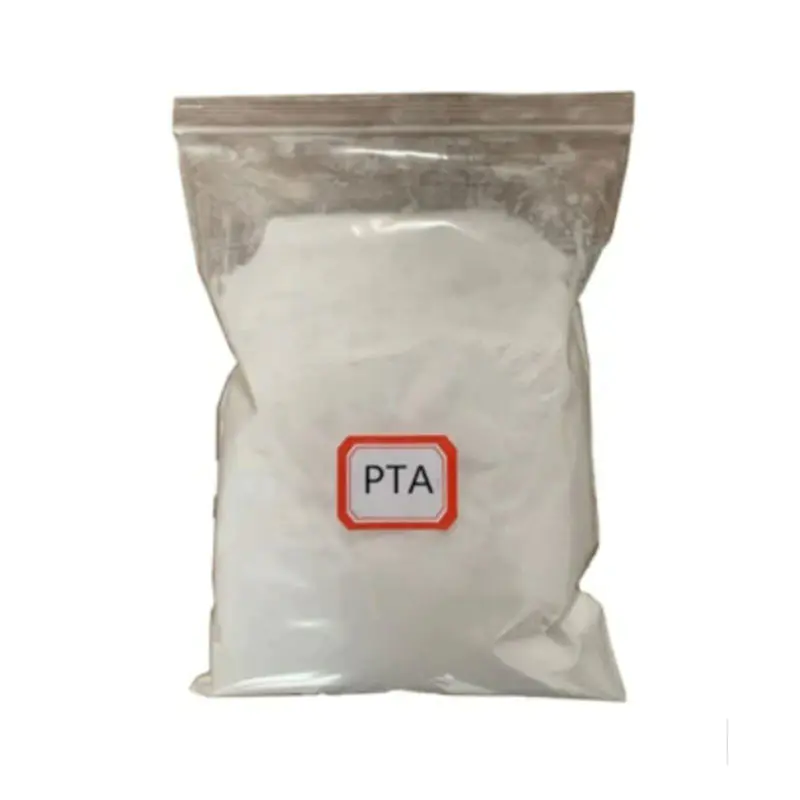Polyester is a widely used synthetic fiber, but its production and disposal raise several environmental concerns. Here are the key issues associated with polyester raw materials:
1. Petrochemical Dependency
Polyester is derived from petroleum-based chemicals, primarily polyethylene terephthalate (PET). The extraction and processing of fossil fuels contribute to:
- Greenhouse gas emissions
- Habitat destruction
- Resource depletion
2. High Energy Consumption
The manufacturing of polyester requires significant energy input, mainly from non-renewable sources, which increases its carbon footprint compared to natural fibers like cotton or wool.

3. Microplastic Pollution
Polyester fabrics shed tiny plastic fibers (microplastics) during washing, which enter waterways and oceans. These microplastics:
- Are ingested by marine life
- Enter the food chain, potentially impacting human health
- Persist in ecosystems for decades
4. Non-Biodegradability
Unlike natural fibers, polyester takes hundreds of years to decompose in landfills, contributing to long-term waste accumulation and environmental pollution.
5. Water and Chemical Pollution
- The dyeing and finishing processes of polyester require toxic chemicals, which can pollute water bodies if not properly treated.
- Some polyester production methods release harmful volatile organic compounds (VOCs) into the air, affecting air quality and human health.
6. Recycling Challenges
While polyester can be recycled, the process is energy-intensive and often downcycles the material, limiting its sustainability. Additionally, blended fabrics (e.g., polyester-cotton) are harder to recycle efficiently.
Mitigation Strategies
- Using Recycled Polyester (rPET): Reduces reliance on virgin petroleum-based materials and lowers carbon emissions.
- Developing Biodegradable Polyester Alternatives: Innovations in bio-based polyesters could provide more sustainable options.
- Reducing Fast Fashion Consumption: Buying durable, high-quality polyester products can minimize waste.
By addressing these concerns, industries and consumers can work toward making polyester a more sustainable material.
Shanshan resources group is a professional manufacturer and global distributor of chemical products, which belong to Shanshan Enterprise. Shanshan has been listed in China's top 500 enterprises for 20 consecutive years since 2002, and ranks 373rd with a sales volume of 53.1 billion yuan in 2021.Visit our website at www.nbssres.com to learn more about our products. For inquiries, you can reach us at kevin-hk@outlook.com.







